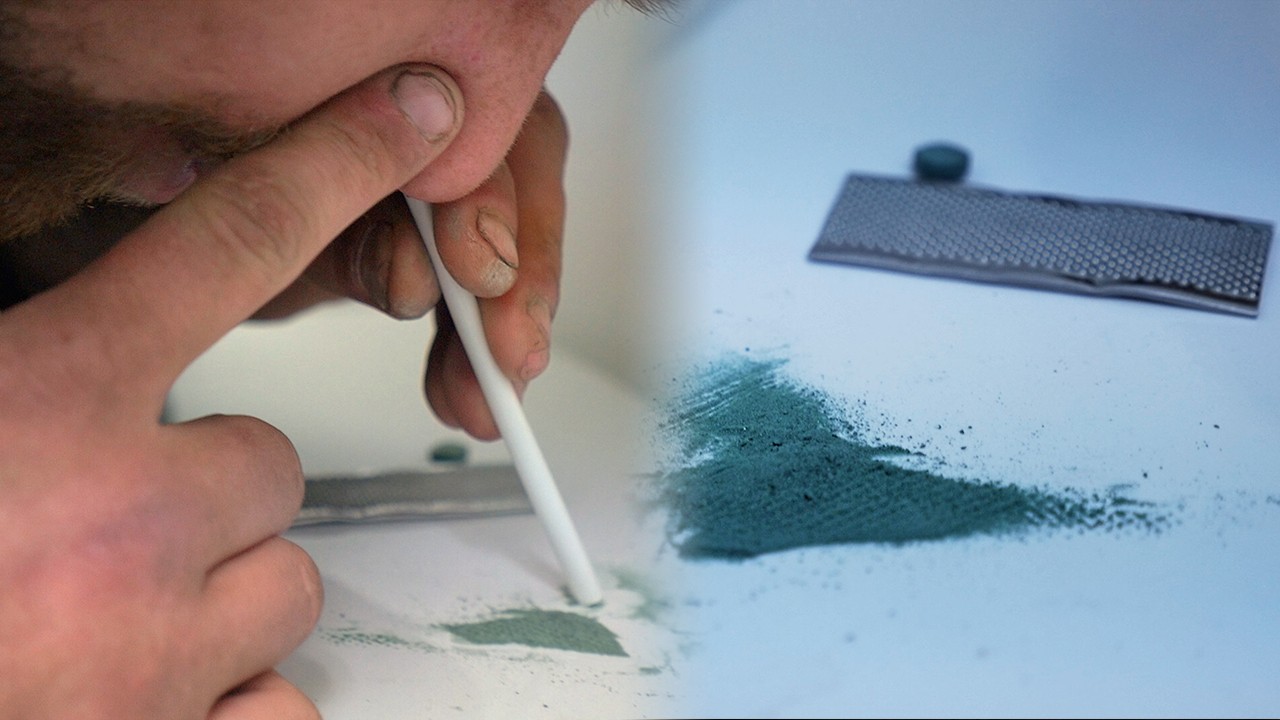Green Party of Canada leader Elizabeth May said her government would decriminalize drug possession. THE CANADIAN PRESS/Cole Burston
Drug policy experts are panning Green Party leader Elizabeth May’s suggestion that she would decriminalize drug possession only to potentially criminalize drugs again once overdose deaths subside.May made the comments at a campaign even in Winnipeg over the weekend.As reported by the CBC, May said while it’s “hard to stand up as a national party leader and say it’s time to decriminalize all illicit drugs, it’s what we have to do.”Haines-Saah said Canada needs to quickly scale up projects that will increase the safe supply of drugs. She pointed to Health Canada’s call for proposals for programs that will boost access to pharmaceutical-grade medications as an alternative to street drugs as one example, but said more investment in this area is desperately needed.According to Health Canada, providing drug consumers with prescription-grade opioids as an alternative to illicit drugs has been linked to reduced mortality, decreased crime, and improved connections to housing and social supports.Hakique Virani, an Edmonton-based doctor who specializes in public health and addictions medicine, said while it is encouraging to hear party leaders recognize the failure of current drug policy, the war on drugs is a problem irrespective of the overdose crisis. “The idea that we can re-criminalize drugs after we get back to a situation where just marginalized populations are most affected flies in the face of what international experts were recommending long before bootleg fentanyl,” he said.He also pointed out that not everyone who dies from drug use is addicted to drugs. He noted that NDP Leader Jagmeet Singh, who has also indicated he would decriminalize possession, has placed a lot of focus on drug addiction and how families are impacted; Singh shared the story of his father’s struggle with addiction at a recent town hall. But Virani said conflating the drug poisoning crisis with an addictions crisis “gives rise to policies that are heavy on ‘rehab’ and light on the social justice and structural equity interventions needed to make progress.”Justin Trudeau has in the past said he doesn’t view drug decriminalization as an effective means of tackling the opioid crisis. Conservative Leader Andrew Scheer has said his party is not interested in decriminalizing drugs, however he falsely accused the Liberals of pursuing such a policy.Follow Manisha on Twitter
“The idea that we can re-criminalize drugs after we get back to a situation where just marginalized populations are most affected flies in the face of what international experts were recommending long before bootleg fentanyl,” he said.He also pointed out that not everyone who dies from drug use is addicted to drugs. He noted that NDP Leader Jagmeet Singh, who has also indicated he would decriminalize possession, has placed a lot of focus on drug addiction and how families are impacted; Singh shared the story of his father’s struggle with addiction at a recent town hall. But Virani said conflating the drug poisoning crisis with an addictions crisis “gives rise to policies that are heavy on ‘rehab’ and light on the social justice and structural equity interventions needed to make progress.”Justin Trudeau has in the past said he doesn’t view drug decriminalization as an effective means of tackling the opioid crisis. Conservative Leader Andrew Scheer has said his party is not interested in decriminalizing drugs, however he falsely accused the Liberals of pursuing such a policy.Follow Manisha on Twitter
Advertisement
She characterized decriminalizing possession of drugs as an “emergency step” that’s necessary because of fentanyl-related overdose deaths. More than 10,300 Canadians have died due to opioid-related overdoses since 2016, according to the Public Health Agency of Canada, and many of those deaths are linked to fentanyl.“If it’s decriminalized people won’t be afraid to get help,” May said, noting that the measure would mean drugs can be tested for fentanyl. “If it’s decriminalized we can ensure safe supply.”However, May also said a government led by her would look at reversing a decriminalization policy once the drug crisis subsides.Jenna Valleriani, CEO of National Institute of Cannabis Health and Education, said decriminalization will not address one of the key issues surrounding the overdose crisis—access to a safe supply of drugs.“Considering decriminalization likely won't do much to curb overdoses, and the addition that they would ‘consider reversing’ the decision sounds like we will be left no better than when we started,” she said. “Not to mention what it would take, practically, to get us to that point— legislative changes, police training, and more, only to have it reversed?”
Rebecca Haines-Saah, a public health policy expert and professor at the University of Calgary, echoed Valleriani’s concerns, and described May’s proposal as “incredibly short-sighted."“You can see why a leader might think this would be appealing to voters in the context of the opioid overdose death crisis, but the intent of decrim is not only, or should not only be, to respond to overdose deaths,” she said. “It is about correcting a fundamental injustice.”
Advertisement

